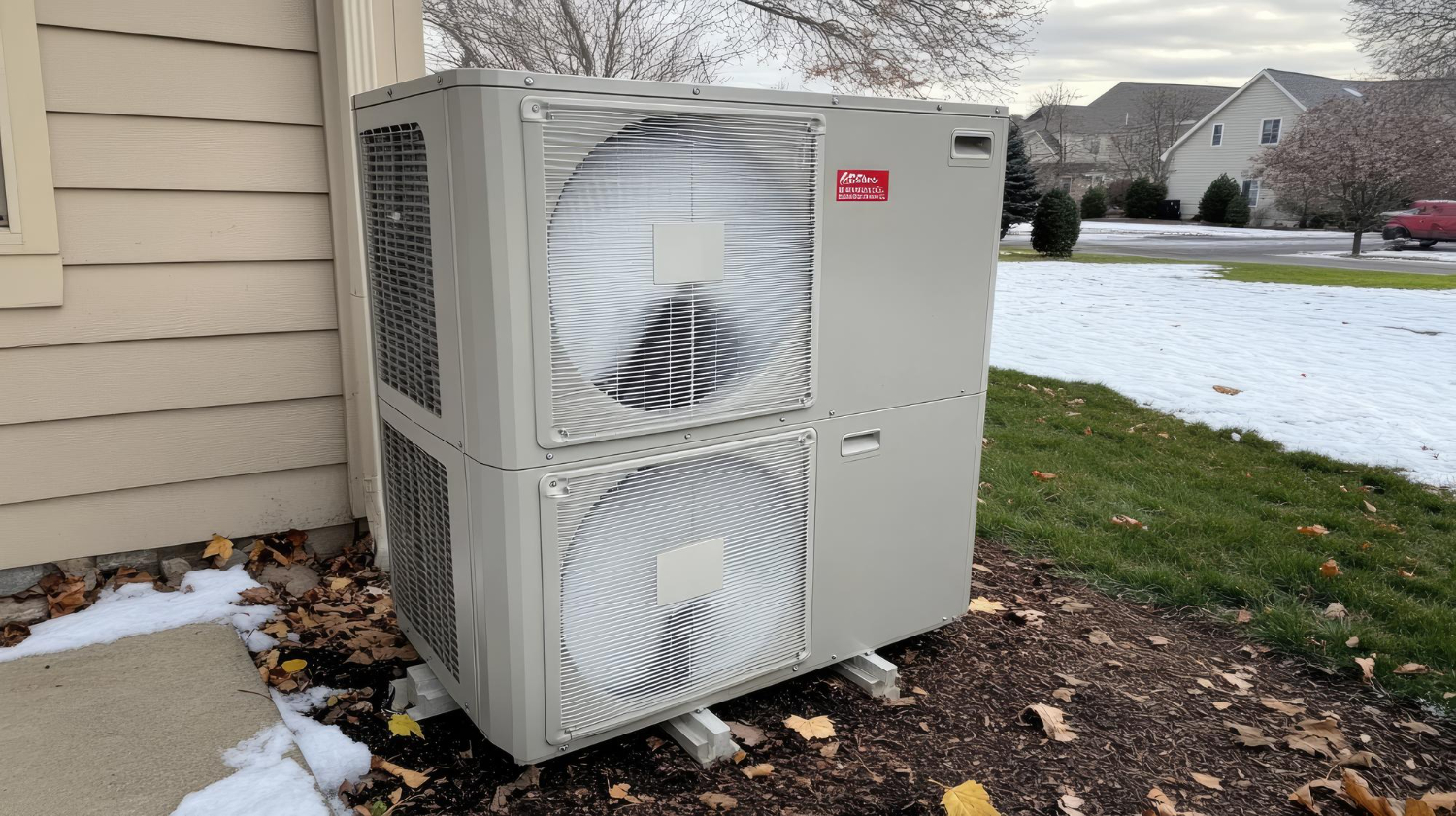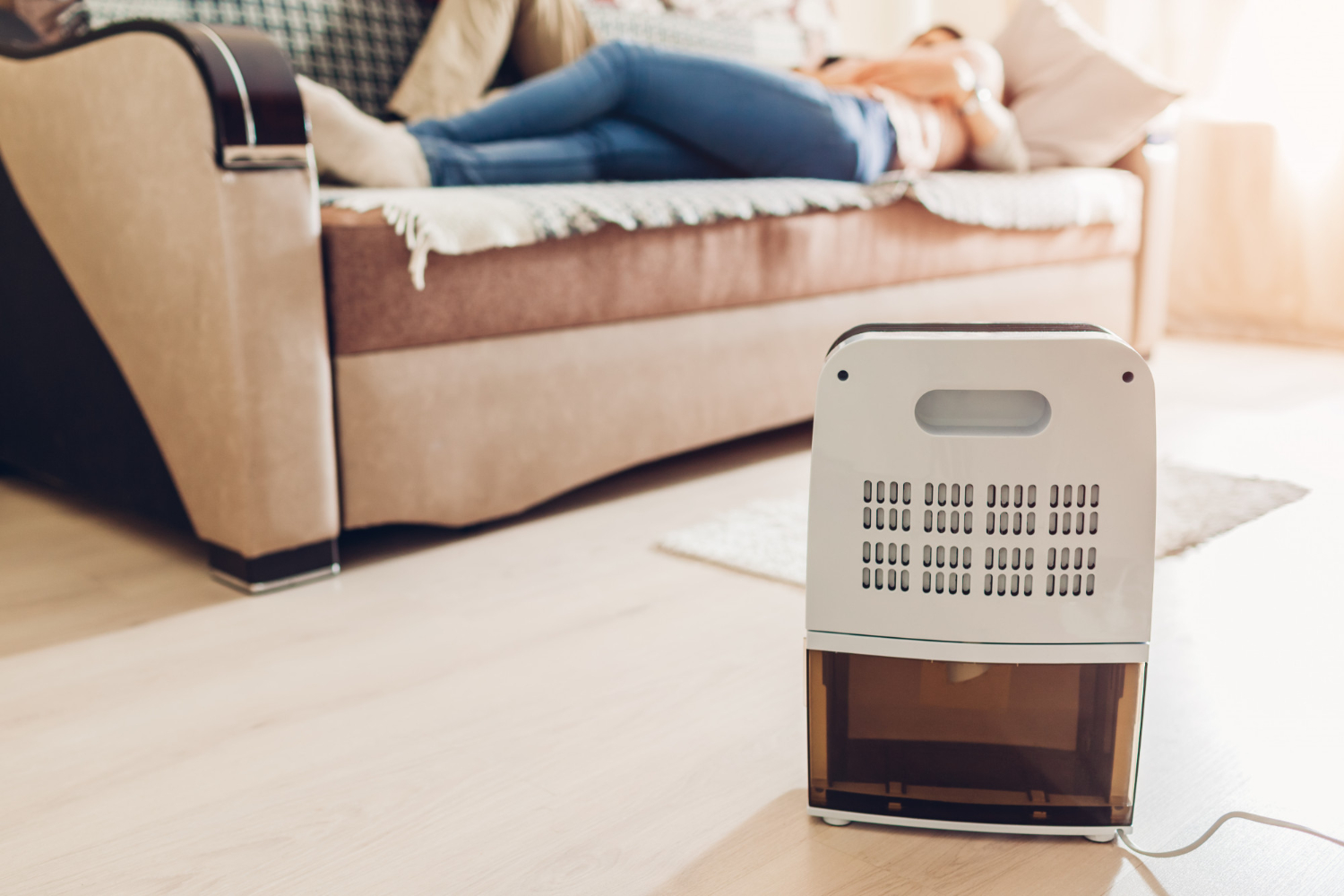Choosing the right boiler for your home or business is an important decision that impacts your comfort, energy efficiency, and long-term heating costs. With various boiler types available, it can be challenging to determine which one best suits your needs. Understand the different types of boilers and the key factors to consider when making your decision.
Understanding Different Types of Boilers
Conventional Boilers
Conventional boilers, also known as regular or traditional boilers, have been widely used for many years. They work with a cylinder to store hot water and require a cold water storage tank in the loft or attic. These boilers are ideal for larger homes with high hot water demand. Conventional boilers provide hot water consistently and can easily handle multiple taps running at the same time. However, they take up more space compared to other types, due to the need for both a cylinder and a cold water storage tank.
Call Us
Combination Boilers
Combination boilers, commonly referred to as combi boilers, are becoming increasingly popular due to their compact size and efficiency. They do not require a separate water cylinder or cold water storage tank because they heat water directly from the mains when you turn on a tap. This makes them suitable for smaller homes or properties with limited space. Combi boilers provide hot water on demand, so you don’t have to wait for a tank to heat up. One drawback is that they may struggle to provide adequate water pressure if multiple hot water outlets are used simultaneously.
System Boilers
System boilers are similar to conventional boilers but with one key difference: they have built-in components that make installation easier and more efficient. System boilers work with a hot water cylinder but do not require a cold water storage tank. This makes them a more space-efficient option than conventional boilers. They are suitable for homes with higher hot water demand and can provide a steady supply of hot water to multiple outlets simultaneously. System boilers are also known for their high efficiency and reliable performance.
Key Factors to Consider When Choosing a Boiler
Heating Needs and Home Size
When choosing a boiler, one of the primary factors to consider is your heating needs and the size of your home. Larger properties with multiple bathrooms and higher hot water demand will benefit from a conventional or system boiler. Alternatively, smaller homes or apartments with lower hot water demand may find a combi boiler more suitable. Assessing your specific heating needs helps ensure you choose a boiler that can handle your household’s requirements efficiently.
Fuel Type and Availability
The type of fuel available in your region is another vital consideration. Boilers can use various fuels, including natural gas, oil, and electricity. Natural gas is the most common and often the most cost-effective option. However, some areas may not have access to natural gas, making oil or electric boilers more viable alternatives. Our professionals can help you determine the best fuel type based on your location and preferences.
Energy Efficiency
Energy efficiency is crucial when selecting a boiler, as it impacts your energy bills and environmental footprint. Modern boilers are designed to be highly efficient, reducing energy waste and optimizing performance. Look for boilers with high energy efficiency ratings and advanced features such as condensing technology. These boilers extract more heat from the fuel they use, making them more efficient than older, non-condensing models. Investing in an energy-efficient boiler can result in long-term savings and a reduced environmental impact.
Professional Guidance for Boiler Installation
Importance of Professional Assessment
Getting the right boiler for your home starts with a professional assessment. Our professionals conduct thorough evaluations to determine your specific heating needs. Factors like the size of your property, the number of bathrooms, and your daily hot water usage are all considered. This assessment ensures that you select a boiler that will provide adequate heating and hot water supply.
Custom Recommendations
After completing the assessment, our technicians offer custom recommendations tailored to your needs. They will explain the benefits and drawbacks of different boiler types, helping you make an informed decision. Customized advice ensures that you choose a boiler that matches your requirements and provides optimal performance. With our expert guidance, you can select a boiler that fits both your needs and your budget.
Installation and Maintenance Services
Once you have chosen the right boiler, professional installation is crucial. Our technicians ensure that your new boiler is installed correctly and safely. Proper installation helps maximize your boiler’s efficiency and lifespan. In addition to installation, we offer maintenance services to keep your boiler running smoothly. Regular maintenance can prevent unexpected breakdowns and prolong the life of your heating system.
Conclusion
Selecting the right boiler for your home involves understanding the different types available, evaluating your heating needs, and considering factors like fuel type and energy efficiency. Conventional, combination, and system boilers each have unique features and benefits, making it essential to choose the one that best fits your requirements.
For expert guidance and professional boiler installation in Port Ludlow, contact Eagle Pipe Heating & Air today. Let us help you find the perfect boiler solution for your home or business!





